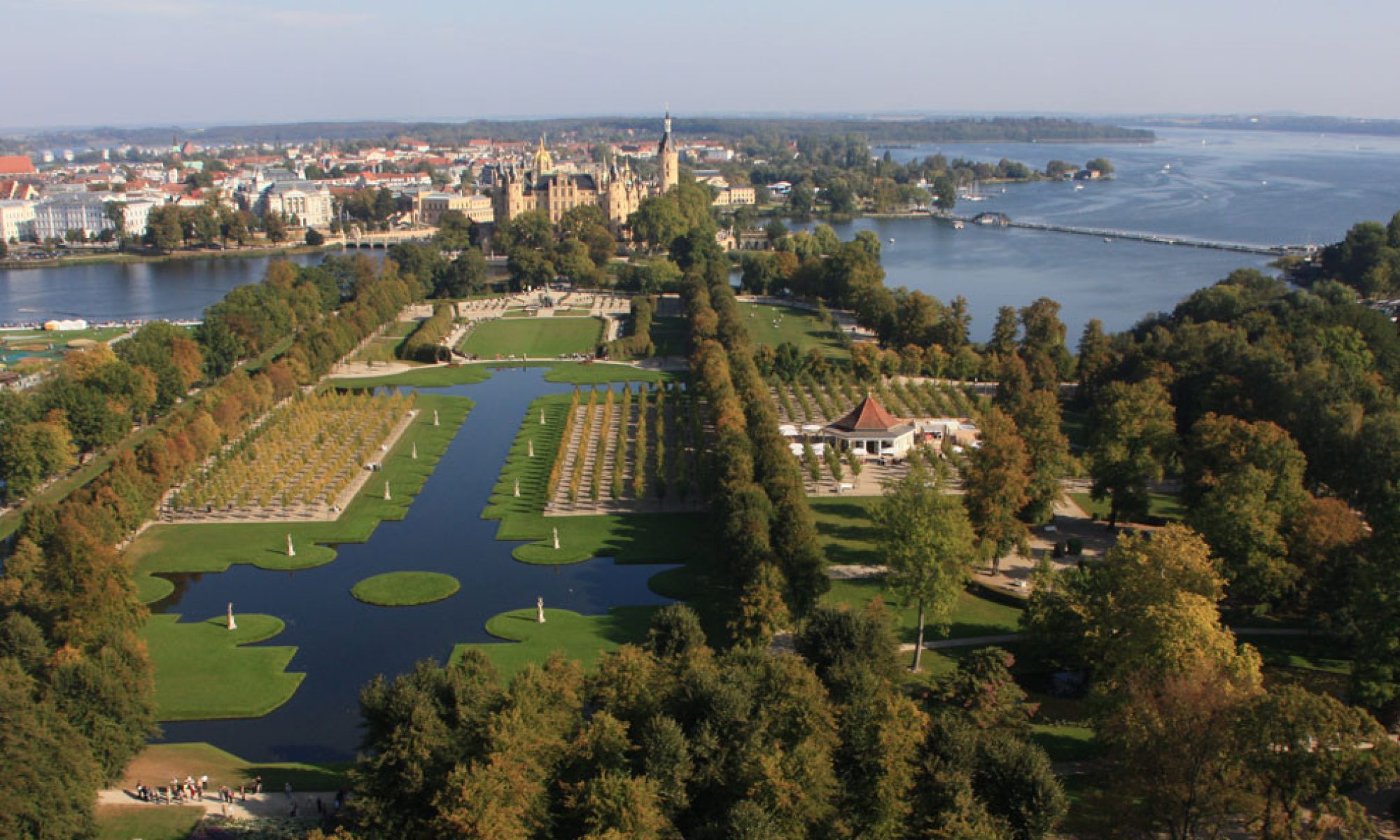Our new Erasmus+ project Ready4Crisis started with a 2-day kick-off meeting in Schwerin, Germany. 8 partners – project managers, educational institutions and crisis management institutions – from Germany, Czech Republic, Greece and Poland have joined together in a consortium to actively contribute to the innovation of vocational education in the field of crisis management and monitoring.
There is an urgent shortage of secondary level educational resources in the field of crisis management and crisis monitoring due to emerging crises, hazards and natural disasters resulting from current climate change and societal changes. Furthermore, there is a great need for further training of vocational schoolteachers and instructors in the study/learning subjects of fire safety, fire safety management, fire prevention and similar subjects for emergency personnel, such as paramedics or security forces, as well as exchange and transfer of knowledge from abroad on this subject. With the project, we also want to help create new links between vocational training institutions and training organizations at the international level, with a focus on training in fire and rescue services, and thus develop a new basis for mutual cooperation. In the first step, we focus on the development of innovative teaching materials – inspirational pedagogical guidelines for vocational teachers to provide additional, adequate sources for training in crisis management and monitoring.











